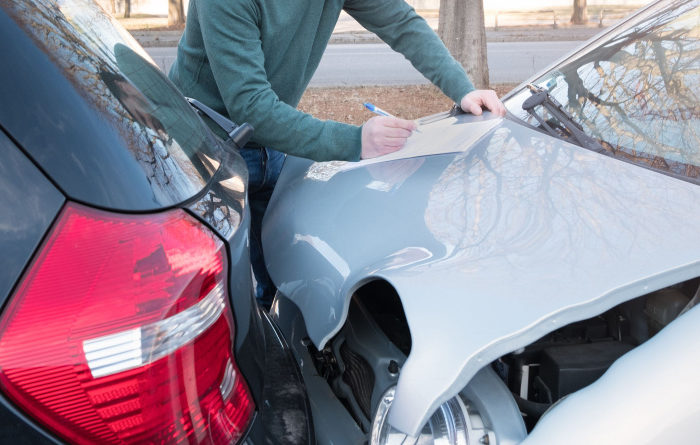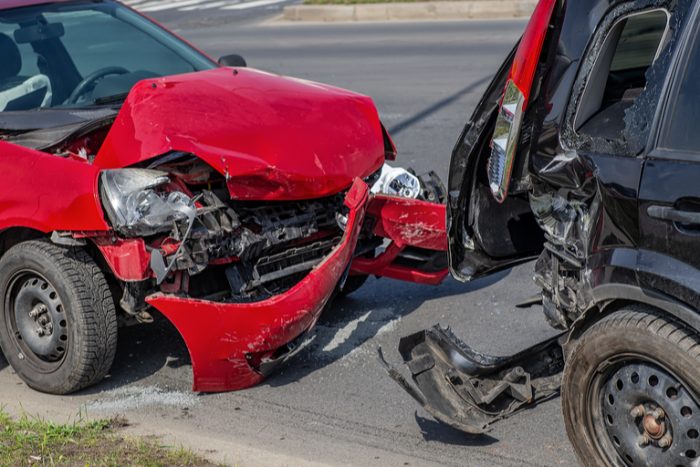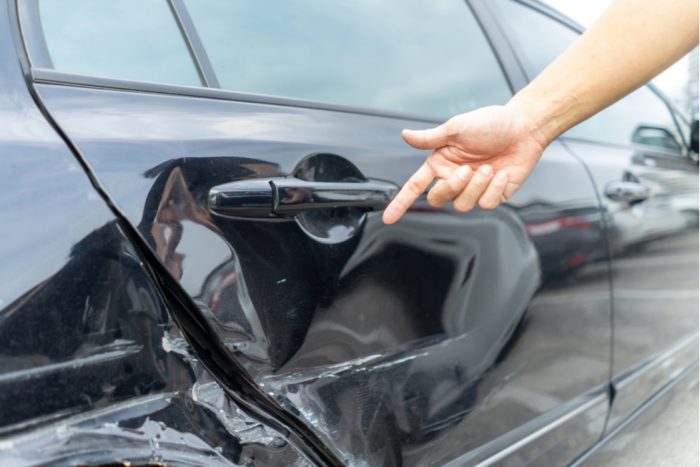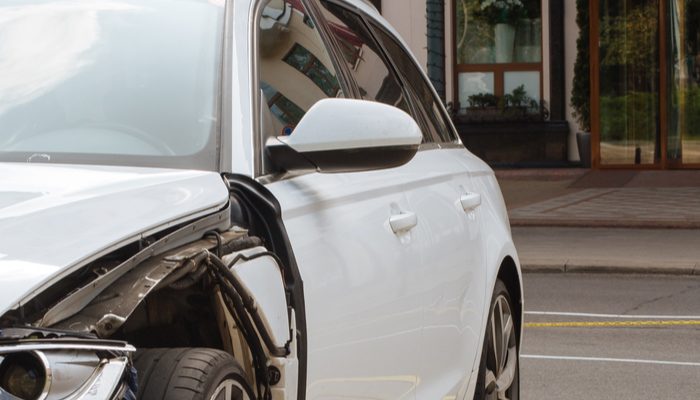Removing Rust From An Automobile
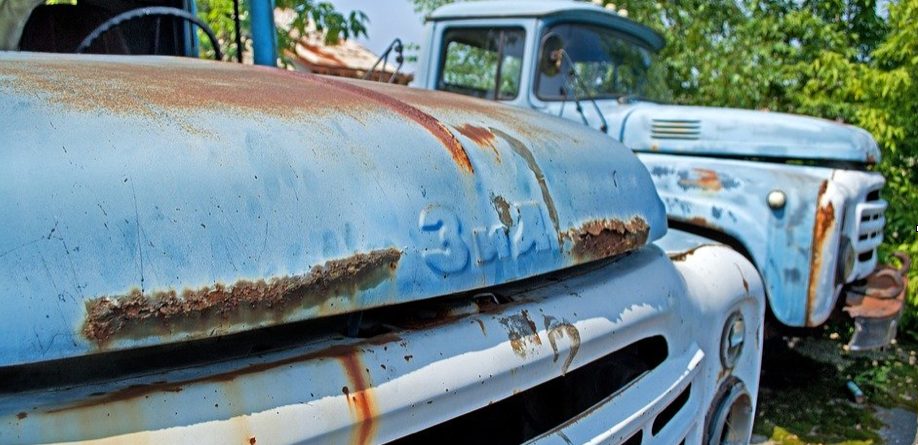
Rust is one of the common car repair and maintenance issues automotive owners often face. Even a new car is susceptible to developing rust if you drive it in humid climates frequently. From rainwater, snowfall, dents, to rock chips and stains, a number of factors contribute to rusting on vehicles.
Can rust be removed from a car?
Rust is also known as rot, which also explains how bad rust can almost seemingly eat away metallic car parts right in front of your eyes. Fortunately, small grade and medium grade rust can be removed from the car. In theory, the rust is not removed. However, the affected area can be treated and restored to look almost new.
How do you neutralize rust on a car?
Rust neutralization is a method adopted by automotive detailers and DIY repair experts before performing car paint and waxing. Neutralizing rust on your car basically means removing corrosion from the car. An abrasive agent, such as an abrasive wheel or sandpaper of different grits, is usually used to cut through the surface of the corroding area and car metal till a clear metal surface is visible. The next step is to finally prime the car metal surface, apply car paint, add a clear coat, apply wax, and buff it to eliminate any blemishes.
What is the best automotive rust remover?
Multiple rust removing agents are available in the market. From high-grade lubricants, sprays, and chemicals to home-made rust removal remedies, a number of ways are adopted to remove rust from the car. The following types are some of the best rust removers for cars:
- WD-40
- Lubricants
- Sprays
- Distilled White Vinegar
- Baking Soda and Potato
- Lemon
- Soda
Does vinegar kill rust on cars?
Yes, it does. For low grade to medium grade rust on cars, distilled white vinegar can be used to clean rust from the metal surface. Before soaking the affected area in the vinegar, use sandpaper to loosen rust from the affected area so that vinegar can actively break the bonds between the metal surface and rust molecules.
The whole process will need some time. You can use a microfiber towel to clean the area after 4 to 5 hours depending upon the severity of rust damage.
Is fixing the rust on a car worth it?
It depends on different factors such as the age of the car, its mileage, and reselling price. Some other important factors that contribute to rust removal worthiness and viability are the extent, location, and type of rust present on the car’s surface. Surface rust can be removed easily and it is affordable. The scale rust takes a complete new paint job but it is repairable. However, the penetrating rust has already begun to oxidize the metal and extensive work is needed to restore the car. It is very expensive and not recommended for old cars which have developed penetrating rust in multiple areas.
A great rule of thumb to keep in mind here is that a dime-sized area of the vehicle affected with rust will need almost a baseball-sized area for proper removal, repair, and restoration.
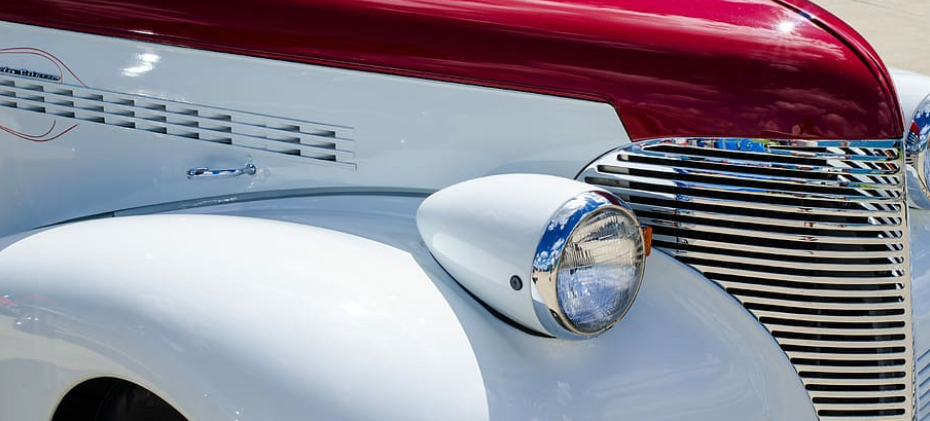
Does WD 40 Remove rust?
WD-49 is one of the most popular and widely used agents for rust removal. It breaks the bonds between corrosion and metal surface. It works by penetrating into the porous rust layer, adheres to and protects the metal surface, lubricates the loosened rust, and makes rust removal easier and quicker. All you need to do is spray WD-40 on the affected area, wait for a few hours and then wipe away the chemical easily.
Do rust converters actually work?
Rust converters are one of the advanced solutions for dealing with extensive rust on vehicles. It turns the corrosive layer into a protective polymeric coating on the car surface. Rust converters are very tricky to use and proper preparation of the vehicle surface is needed to apply it correctly by following the instructions. Rust converters work well for removing medium rust as well as heavy, flaky rust.
What is the difference between rust remover and rust converter?
In the automotive world, rust converter is often misused with rust remover. However, both of these terms are very different. Rust converter has a phosphoric formulation that picks up the rust (iron oxide) and converts into a ferric phosphate. The ferric phosphate layer has a black color and it forms a polymeric, protective layer on the car surface.
On the other hand, rust remover can be just about anything which can remove rust. Rust removers usually have more risks associated with them as they are highly corrosive and hazardous in nature. Rust removers are very acidic and a lot of time, care, and proper administration are needed to take care of the whole process.
How long do I soak the metal in vinegar to remove rust?
Distilled vinegar is a mild rust remover. The time for which you need to soak the metal in the vinegar depends upon the size of the object as well as the extent of the rust. For bigger sized objects like car metal surfaces, 5 hours to a few days of soaking is needed before the vinegar can actually act on the rust.
Does vinegar really remove rust?
White vinegar is an eco-friendly remedy for rust removal from car surfaces and other metal objects. However, vinegar acts slowly and will require a lot of time and multiple soakings to remove the rust completely.
What is the best rust remover for metal?
WD-40 and other chemical-grade rust removal sprays and lubricants work as great rust remover agents from the metal surfaces. If you want to remove rust from metallic objects, the distilled white vinegar and lemon water method can also work well.
How long does it take vinegar to remove rust?
Liquid vinegar will take anywhere between 12 hours to a couple of days to remove the rust from any metal surface. The duration mainly depends upon the extent of rusting. It is recommended to re-soak the object after a specific time period rather than letting it soak for hours in the same solution.


